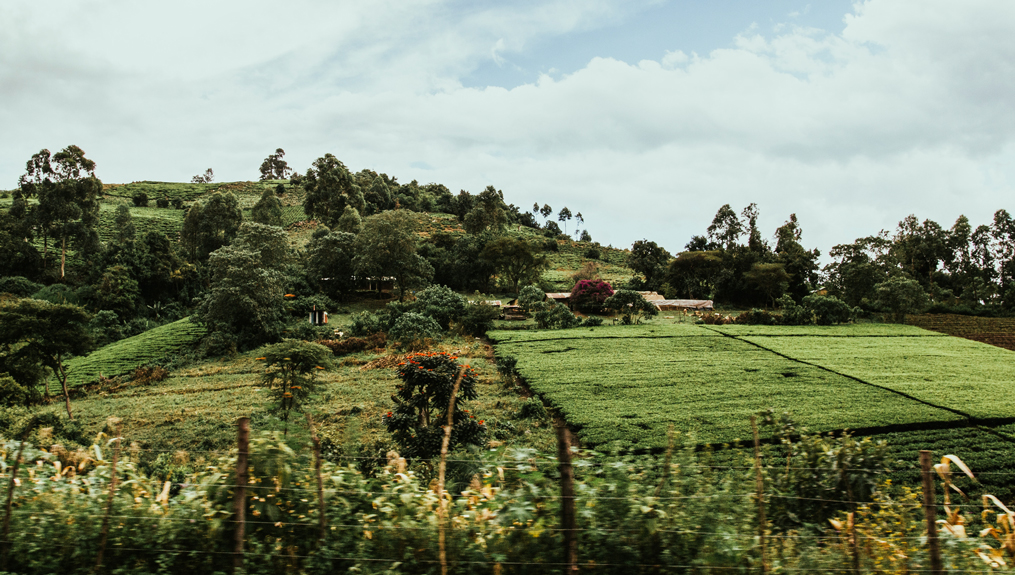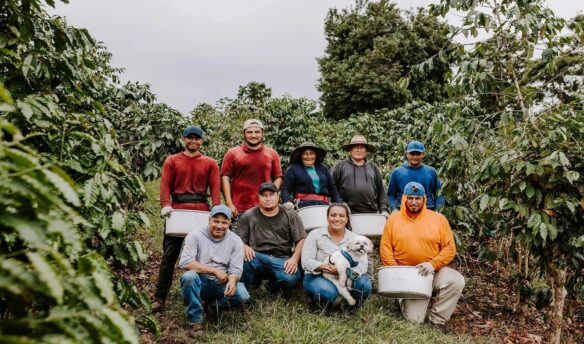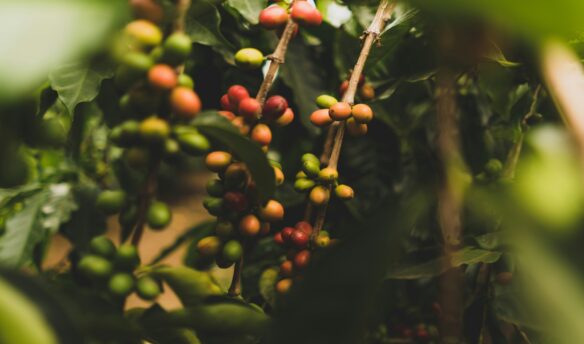[D]rought, lower tea prices, and economic sanctions against Iran have led to lower tea exports for the world’s largest black tea producing country. The country’s “long rains” season was unusually dry; World Tea News points to Tropical Cyclone Idai, saying that the storm redirected moisture away from the region. According to Bloomberg, production during the first five months of 2019 was 170.18 million kilograms, markedly lower than 2018’s 187.69 million kilograms. Jointly, the average auction price this year is $2.25 per kilogram, a nearly 20% drop compared to last year’s $2.80. Ultimately, the lower tea exports, paired with the drop-in tourism and the flower industry, have resulted in Kenya’s economy dropping to 104.07 shillings per dollar and its fifth straight month in decline. The Kenyan schilling is now on track to be at its lowest level since October 2015.
Share This Article
Join 7,000+ coffee pros and get top stories, deals, and other industry goodies in your inbox each week.
Other Articles You May Like
The Accidental Coffee Farmer
When respected coffee farmer Andres Magaña Ortiz was deported after living in Hawaii for 30 years, his daughter Victoria had no choice but to take over.
‘Enjoyed by Those Who Grow It’: Wangeci Gitata-Kiriga And Kenya’s Coffee-Drinking Revolution
Kenya produces some of the world’s best coffees, but consumption within the country remains low. Wangeci Gitata-Kiriga of Revolutionary Coffee wants to change that.
Let’s Hear it for the (Coffee) Critters
While often seen as the enemy, many insects and animals actively create healthy ecosystems where coffee can thrive.
Meet The People Helping Fuel Venezuela’s Burgeoning Coffee Scene
Venezuela was once a major player in the coffee industry, and now dozens of roasters, growers, and baristas are working together to revive the country’s coffee industry.















